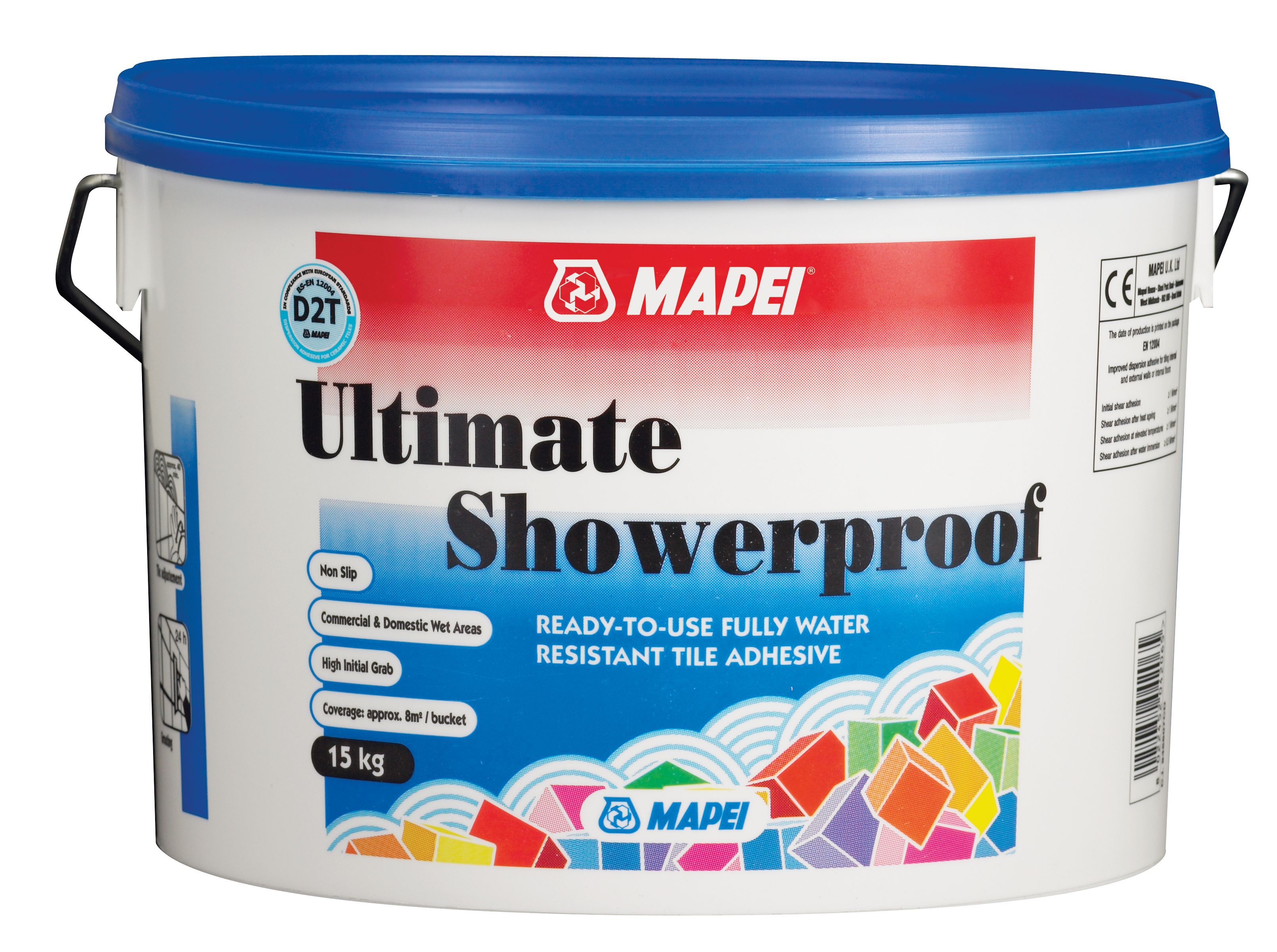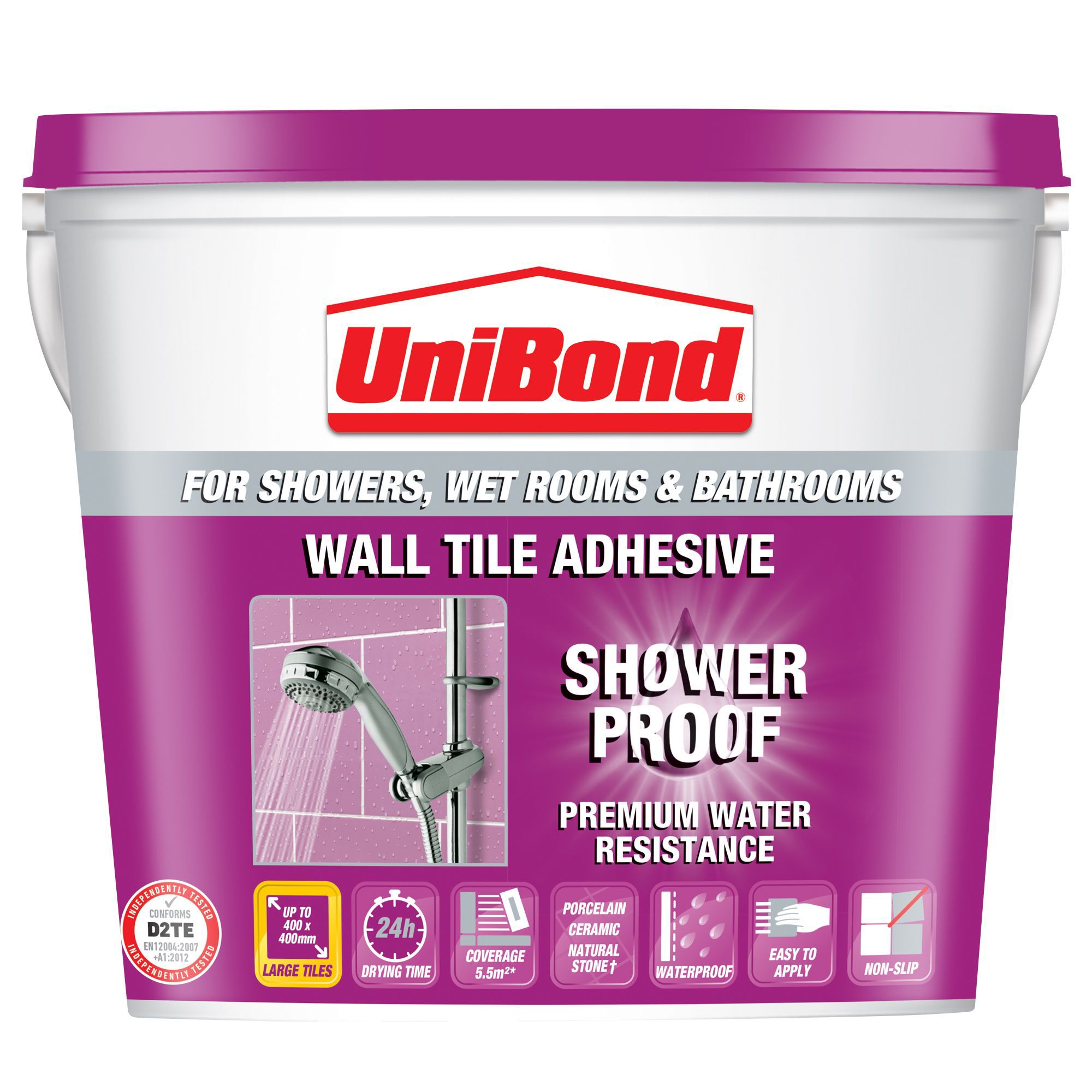Types of Glue for Bathroom Accessories
Choosing the right glue for bathroom accessories is crucial for ensuring a long-lasting and secure installation. Bathroom environments are particularly challenging due to moisture, humidity, and temperature fluctuations. Therefore, selecting an appropriate adhesive that can withstand these conditions is essential. This guide will discuss the different types of glue commonly used for bathroom accessories, their properties, advantages, and disadvantages, to help you make an informed decision.
Types of Glue for Bathroom Accessories
A variety of adhesives are available for bathroom accessories, each with its own set of properties and applications. Understanding these differences will help you select the best glue for your specific needs.
- Epoxy Adhesive: Epoxy adhesives are two-part adhesives that consist of a resin and a hardener. When mixed, they form a strong and durable bond that is resistant to water, heat, and chemicals. Epoxy adhesives are ideal for heavy-duty applications, such as attaching shelves, towel bars, and other accessories that require a strong hold.
- Construction Adhesive: Construction adhesives are versatile adhesives that are commonly used for a wide range of applications, including attaching bathroom accessories. They are typically formulated to be strong, durable, and resistant to moisture. Construction adhesives are available in different formulations, including latex-based and polyurethane-based, each with its own set of properties.
- Silicone Sealant: Silicone sealants are flexible, waterproof sealants that are commonly used for sealing gaps and joints. They are also effective for attaching lightweight bathroom accessories, such as soap dishes, toothbrush holders, and towel rings. Silicone sealants are available in different colors and formulations, including mildew-resistant and paintable options.
- Acrylic Sealant: Acrylic sealants are water-based sealants that are typically used for sealing gaps and joints. They are less durable than silicone sealants and are not as resistant to moisture. However, they are easier to apply and clean up than silicone sealants. Acrylic sealants are available in different colors and formulations, including mildew-resistant and paintable options.
- Contact Cement: Contact cement is a strong adhesive that is used for bonding similar materials, such as wood to wood or metal to metal. It is not typically used for attaching bathroom accessories, as it can be difficult to apply and clean up. Contact cement is also not as resistant to moisture as other adhesives.
Comparison of Glue Types
The following table provides a comparison of the different types of glue discussed above, highlighting their key properties, advantages, and disadvantages:
| Glue Type | Properties | Advantages | Disadvantages |
|---|---|---|---|
| Epoxy Adhesive | Two-part, strong, durable, water-resistant, heat-resistant, chemical-resistant | Strong bond, durable, resistant to moisture, heat, and chemicals | Requires precise mixing, can be difficult to clean up, may not be suitable for all surfaces |
| Construction Adhesive | Versatile, strong, durable, moisture-resistant | Strong bond, versatile, durable, resistant to moisture | May not be as strong as epoxy adhesives, can be difficult to clean up |
| Silicone Sealant | Flexible, waterproof, mildew-resistant, paintable | Flexible, waterproof, mildew-resistant, paintable | Not as strong as other adhesives, can be difficult to clean up |
| Acrylic Sealant | Water-based, easy to apply and clean up | Easy to apply and clean up | Less durable than silicone sealants, not as resistant to moisture |
| Contact Cement | Strong, bonds similar materials | Strong bond | Difficult to apply and clean up, not as resistant to moisture |
Best Glue for Specific Bathroom Accessories
The best glue for a particular bathroom accessory will depend on the weight of the accessory, the surface it is being attached to, and the level of moisture exposure.
- Towel Bars: Epoxy adhesives or construction adhesives are the best choices for attaching towel bars, as they provide a strong and durable bond.
- Soap Dishes: Silicone sealant or acrylic sealant are suitable options for attaching soap dishes, as they are flexible and waterproof.
- Toothbrush Holders: Silicone sealant or acrylic sealant are also good choices for attaching toothbrush holders.
- Shelves: Epoxy adhesives or construction adhesives are recommended for attaching shelves, especially if they will be holding heavy items.
Application Techniques for Bathroom Glue: Glue For Bathroom Accessories

Applying glue to bathroom accessories requires careful preparation and technique to ensure a strong and lasting bond. The following steps will guide you through the process:
Surface Preparation
Before applying glue, it’s crucial to prepare the surfaces to ensure a strong bond. Here’s how:
- Clean the surfaces: Remove any dirt, grease, dust, or debris using a mild detergent and a damp cloth. Allow the surfaces to dry completely before proceeding.
- Roughen the surfaces: For smooth surfaces like ceramic tiles, use sandpaper or a scouring pad to create a slightly rough texture. This helps the glue adhere better.
- Prime the surfaces: If necessary, apply a primer specifically designed for bathroom applications. This helps to improve adhesion and prevent moisture from affecting the bond.
Applying the Glue
Once the surfaces are prepared, follow these steps for applying the glue:
- Apply a thin, even layer: Use a glue gun or a small brush to apply a thin, even layer of glue to both surfaces. Avoid applying too much glue, as this can create a messy bond and may weaken the adhesion.
- Avoid excess glue: Excess glue can ooze out and create an unsightly mess. If you apply too much, use a clean cloth to wipe away the excess immediately.
- Align the surfaces: Carefully align the accessory with the wall and press firmly to ensure a strong bond. Hold the accessory in place for several minutes to allow the glue to set.
Tips for Ensuring a Strong Bond
Here are some additional tips to ensure a strong and lasting bond:
- Use a high-quality glue: Select a glue specifically designed for bathroom applications, as it will be resistant to moisture and temperature changes.
- Follow the manufacturer’s instructions: Each glue type will have specific instructions for application, drying time, and curing time. Carefully read and follow these instructions for optimal results.
- Avoid using the accessory immediately: Allow the glue to cure completely before using the accessory. This typically takes 24 hours or more, depending on the glue type and the temperature.
Considerations for Choosing Glue for Bathroom Accessories
Choosing the right glue for bathroom accessories is crucial for ensuring a secure and long-lasting installation. Bathroom environments pose unique challenges due to high humidity levels, frequent exposure to moisture, and the potential for mildew growth. Therefore, it’s essential to consider various factors when selecting a glue for this application.
Surface Type, Glue for bathroom accessories
The type of surface to which you’ll be attaching the accessory is a primary consideration. Different surfaces require different types of adhesives. For example, ceramic tile, glass, and metal surfaces may require a stronger adhesive than porous surfaces like drywall or wood.
- Ceramic Tile: A strong epoxy-based adhesive is recommended for ceramic tile due to its non-porous nature.
- Glass: A silicone-based adhesive is often preferred for glass surfaces as it provides a strong bond and is waterproof.
- Metal: Epoxy or polyurethane-based adhesives are suitable for metal surfaces, offering excellent adhesion and resistance to moisture.
- Drywall: A construction adhesive is typically used for drywall, but it’s crucial to choose a mildew-resistant formula for bathroom applications.
- Wood: For wood surfaces, a strong wood glue or construction adhesive can be used, but ensure it’s moisture-resistant.
Weight of the Accessory
The weight of the accessory you’re attaching is another crucial factor. Heavy accessories, such as towel bars, soap dishes, and showerheads, require a stronger adhesive than lightweight accessories, such as toothbrush holders or hooks.
- Heavy Accessories: For heavy accessories, a high-strength epoxy or polyurethane adhesive is recommended.
- Lightweight Accessories: A silicone-based adhesive or a construction adhesive may be sufficient for lightweight accessories.
Humidity Level and Moisture Presence
Bathrooms are naturally humid environments, and the presence of moisture can weaken or even dissolve some adhesives. Therefore, it’s essential to choose a waterproof and mildew-resistant glue.
- High Humidity: Epoxy-based adhesives are generally the best choice for high-humidity environments, as they are highly resistant to moisture and mildew.
- Moisture Presence: Silicone-based adhesives are also a good option for areas with frequent moisture exposure, such as shower stalls or around sinks.
Waterproof and Mildew-Resistant Properties
For bathroom applications, it’s crucial to choose a glue that is both waterproof and mildew-resistant. Waterproof adhesives prevent water from penetrating the bond, while mildew-resistant adhesives inhibit the growth of mold and fungi.
- Waterproof: Epoxy, silicone, and polyurethane adhesives are generally waterproof.
- Mildew-Resistant: Look for adhesives specifically labeled as “mildew-resistant” or “mold-resistant.”
Glue Brands and Products
There are several reputable glue brands available that offer high-performance adhesives specifically designed for bathroom applications.
- Loctite: Loctite offers a wide range of adhesives, including epoxy, silicone, and construction adhesives, specifically formulated for bathroom use.
- Gorilla Glue: Gorilla Glue is known for its strong bond and waterproof properties, making it a popular choice for bathroom accessories.
- DAP: DAP offers a variety of adhesives, including silicone, polyurethane, and construction adhesives, designed for bathroom applications.
- 3M: 3M provides a range of adhesives, including epoxy, silicone, and construction adhesives, known for their durability and resistance to moisture.


